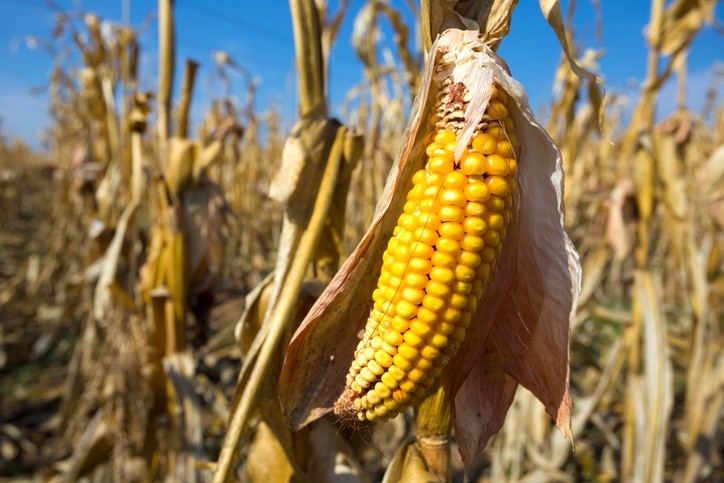A compelling new report about the impact of climate change on global food security has been launched by the United Nations World Food Programme (WFP) in partnership with the Government of Sweden.
How Climate Change Drives Hunger was unveiled at the 23rd UN Climate Change Conference – known as COP23 – which is being held in Bonn, Germany.
The risk of hunger could increase by up to 20 percent due to climate change by 2050 unless increased efforts are made to enable the world’s most vulnerable communities to better adapt to extreme weather events such as drought and flooding. Drawing on such findings by the Intergovernmental Panel for Climate Change, the report offers a wide-ranging review of multiple analyses into the impact of climate change on food security by WFP and partners.
“Climate change disproportionally affects the poorest and most food insecure people,” said Gernot Laganda, Director of WFP Climate and Disaster Risk Reduction Programmes, at the launch of the report. “Floods, storms and droughts are becoming more frequent and more intense, which is changing the way humanitarian organisations need to operate in the future. Understanding the way climate risks play out at country level is critical for effective response planning, but also helps us anchor community-based prevention and adaptation activities in country strategic plans. If countries remain stuck in a pattern of repetitive crisis response, but lack the planning and financing tools to take a more forward-looking approach to risk management, we will never achieve the Sustainable Development Goal of a world with zero hunger by 2030.”
Research for the report was undertaken by WFP under the Climate Adaptation Management and Innovation Initiative (C-ADAPT), launched in 2013 and funded by the Swedish Government. The assembled material provides an overview of major climate change and food security challenges, while outlining key policy and programming options available to governments and their partners. Country-specific analysis focuses on 15 nations that are particularly vulnerable to the effects of climate change: Afghanistan, Cambodia, Ethiopia, Kyrgyzstan, Laos, Mali, Nepal, Philippines, Senegal, Sudan, South Sudan, Sri Lanka, Tajikistan, Timor Leste and Uganda.

